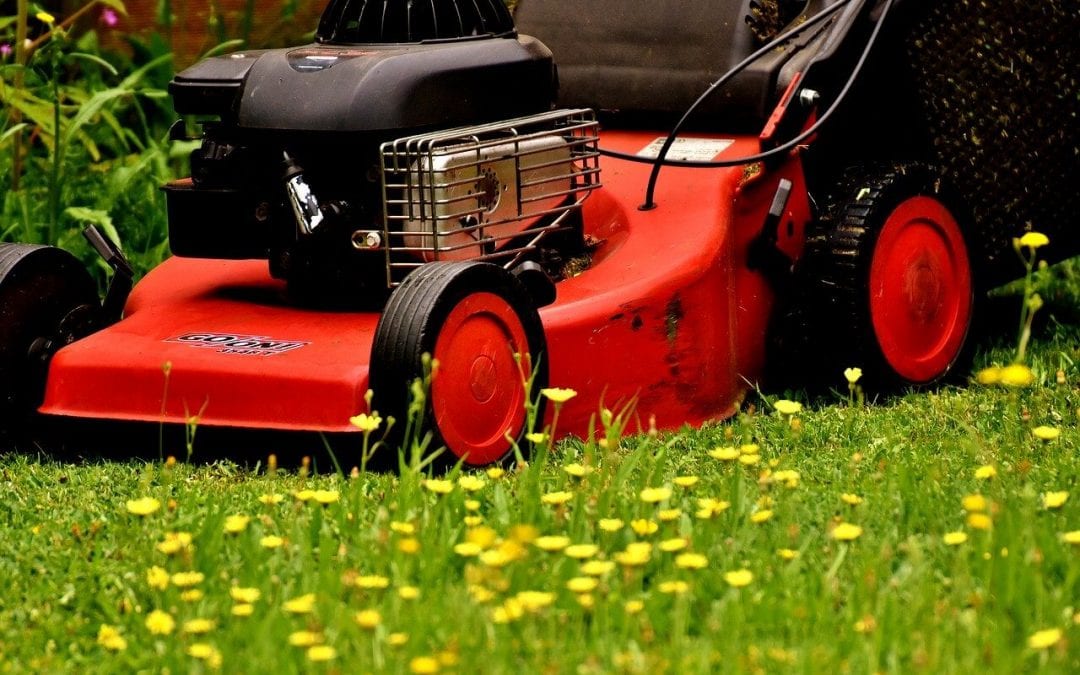Proper Watering Techniques
Water deeply and infrequently during the summer. Frequent watering will cause the grass to develop a shallow root system because the roots won’t be encouraged to grow deeper to reach the water underground. A shallow root system also causes the grass to struggle to survive heat stress. An inch of water a week is a good guideline.
The time of day is also important when watering your lawn. Water early in the morning so excess moisture has time to soak into the soil. If you water when the sun is high, moisture will be lost to evaporation. Watering in the early evening is likely to cause fungal infections because the grass will remain damp overnight.
Fertilize Regularly to Maintain Your Lawn in Summer
Grass that is well-fed and healthy grows thick, cools the soil, and crowds out damaging weeds. However, if your grass is in the dormant stage, wait until the first spring rain revives it before adding fertilizer. If your fertilizer causes the grass to grow too tall too fast, switch to a product with lower nitrogen content.
Don’t Cut Grass Too Short
Letting the grass grow a little longer will help to maintain your lawn in summer. Set your mower’s blade at the highest setting. When the grass is longer, the roots will grow longer and can reach farther to get moisture. Taller grass also provides shade to protect delicate root systems from the hot sun. As a rule of thumb, don’t cut more than a third of the length of your grass.
Maintain Your Lawn Mower
Whatever type of lawnmower you use, whether self-propelled, riding, or electric, regular maintenance will help keep your grass healthy. This involves keeping the blades sharpened. Dull blades tear rather than cut, which damages the grass and makes it more susceptible to disease and browning.
Mow in the Cooler Part of the Day
The hotter it is, the more grass gets stressed. Never mow when the sun is blazing hot. Combining cutting with the heat can cause damage to the grass. Mow in the early evening or early morning hours.
Reseed and Repair
If you have followed the above steps with no luck, don’t despair. Whoever seeded your lawn may have used the wrong type of grass seed. Grasses come in two types: cool season and hot season. Cool-season grasses do better in northern latitudes while hot season grasses like the warmer south.
If your lawn gets heat-stressed this summer, it may be time to reseed bare spots with one of the newer turf building options. It’s best to do this in the fall or early spring so that you’ll be prepared for the next summer.
Rock River Inspections provides home inspection services to the Greater Houston area. Contact us to schedule an appointment.

